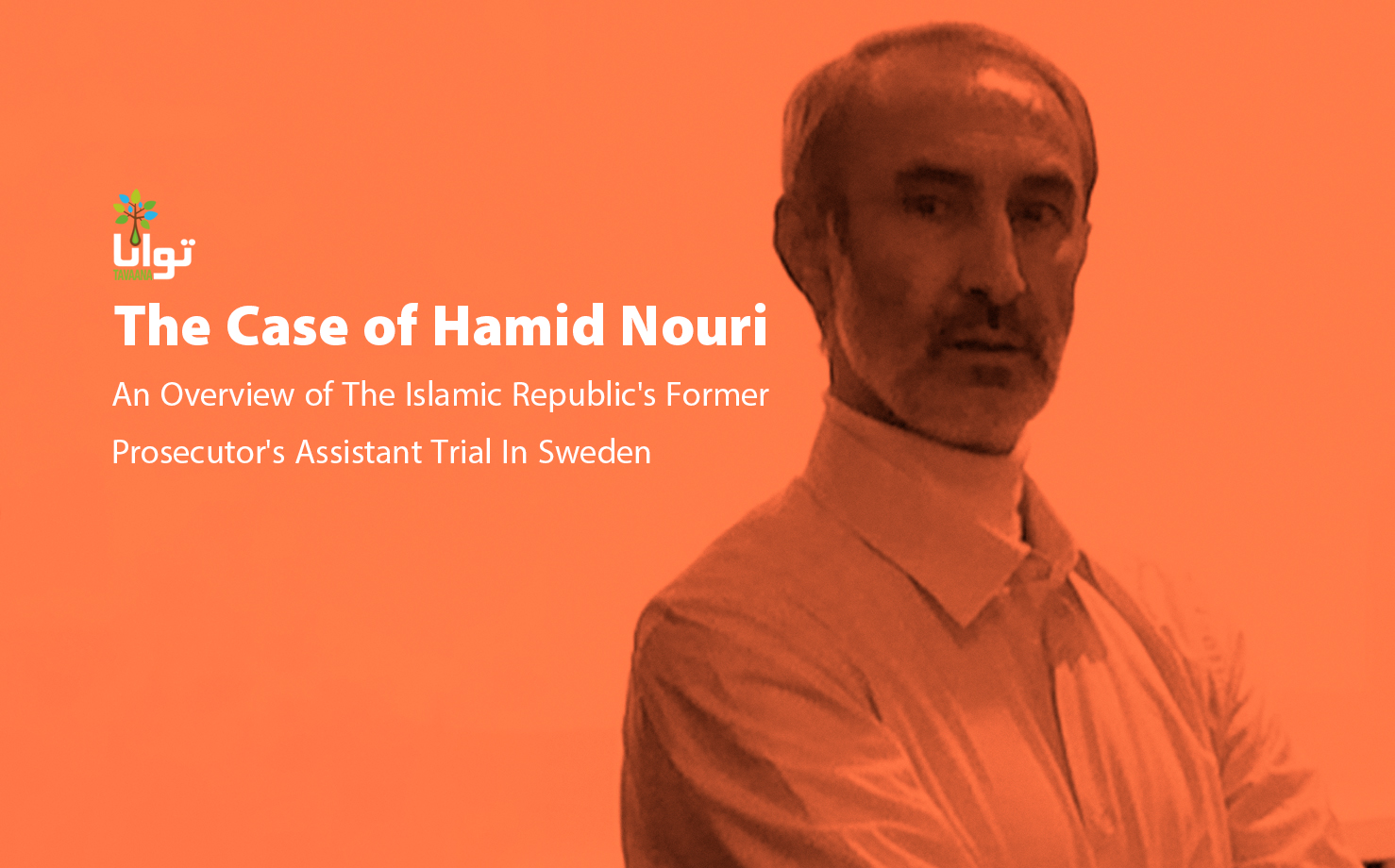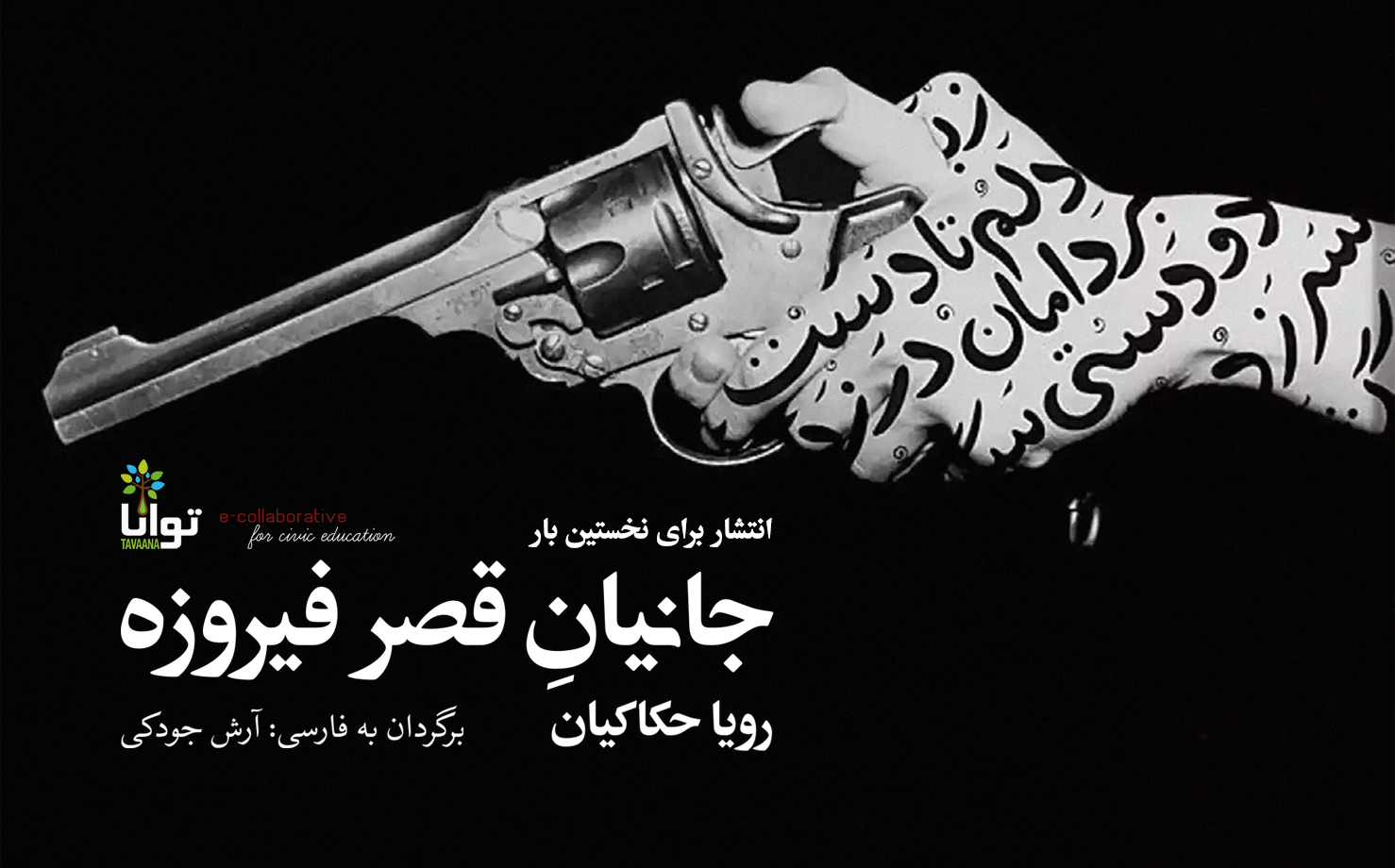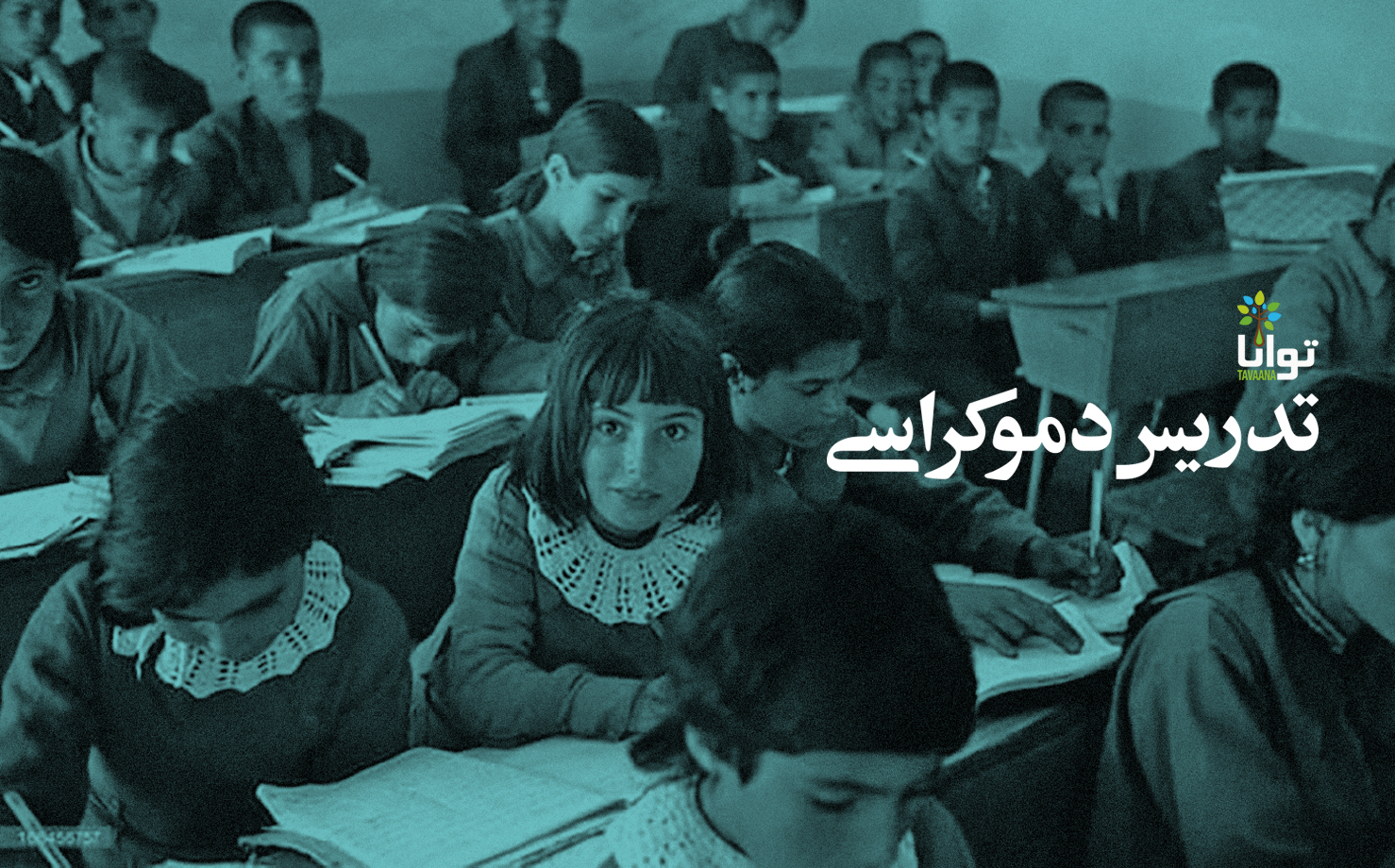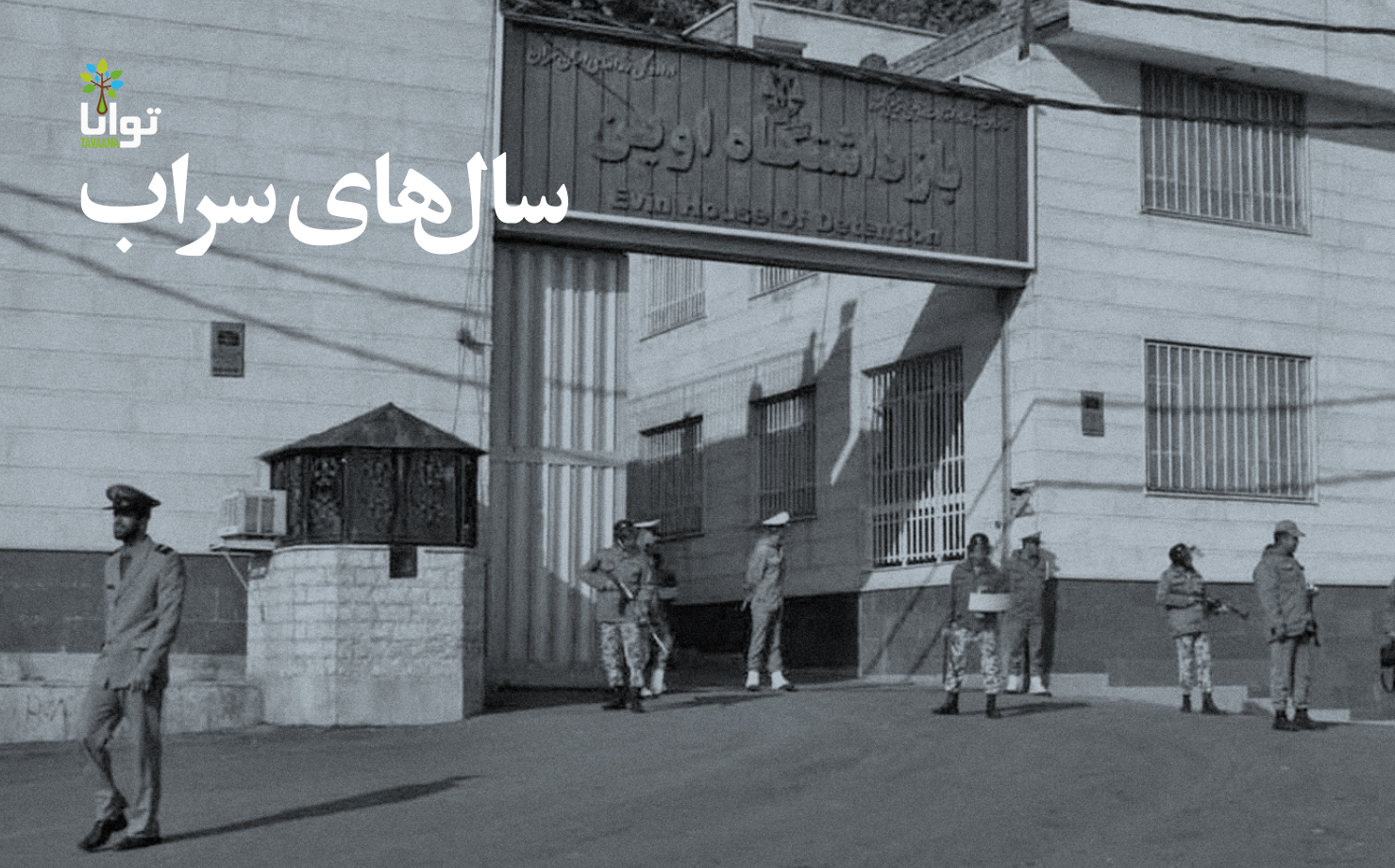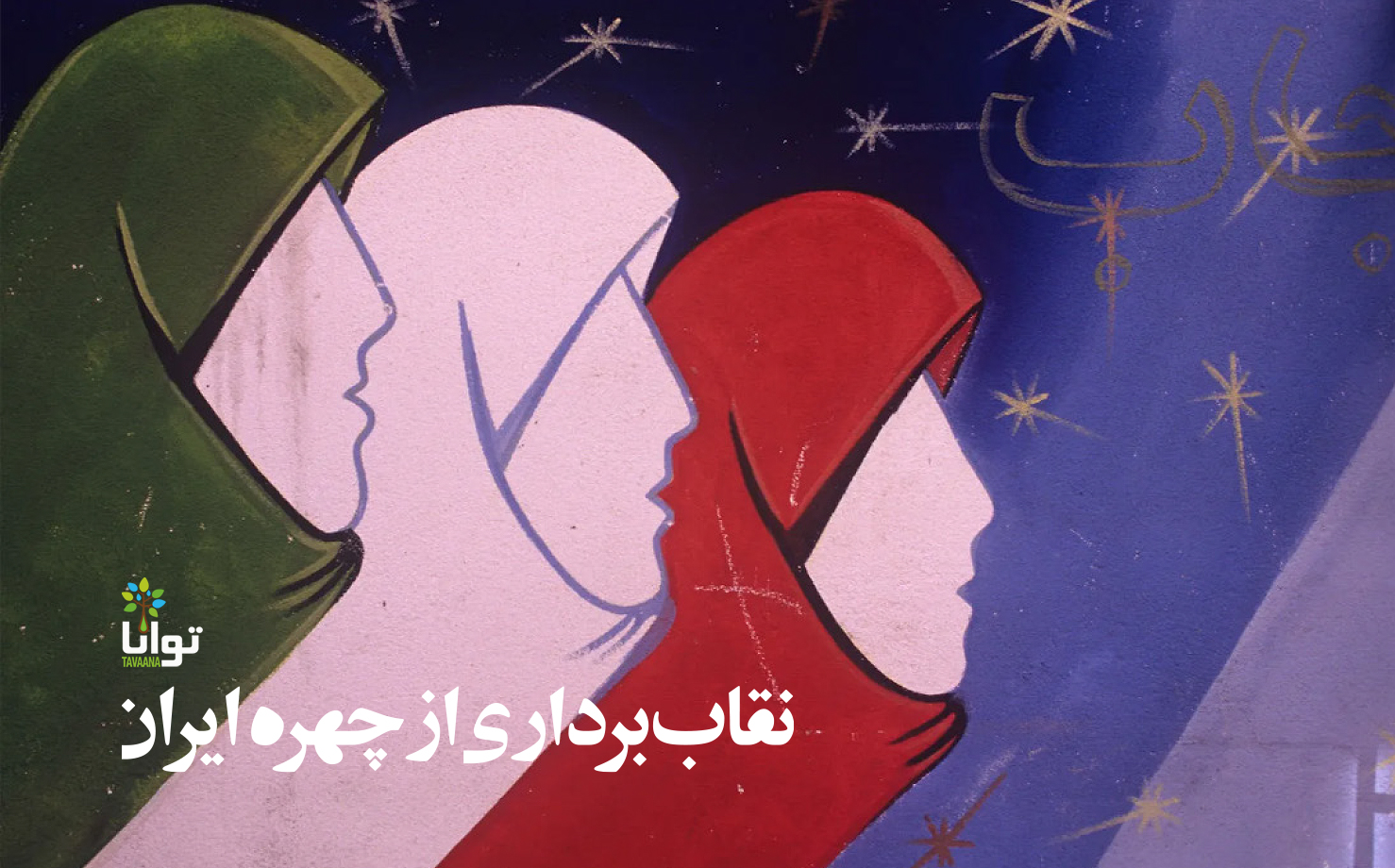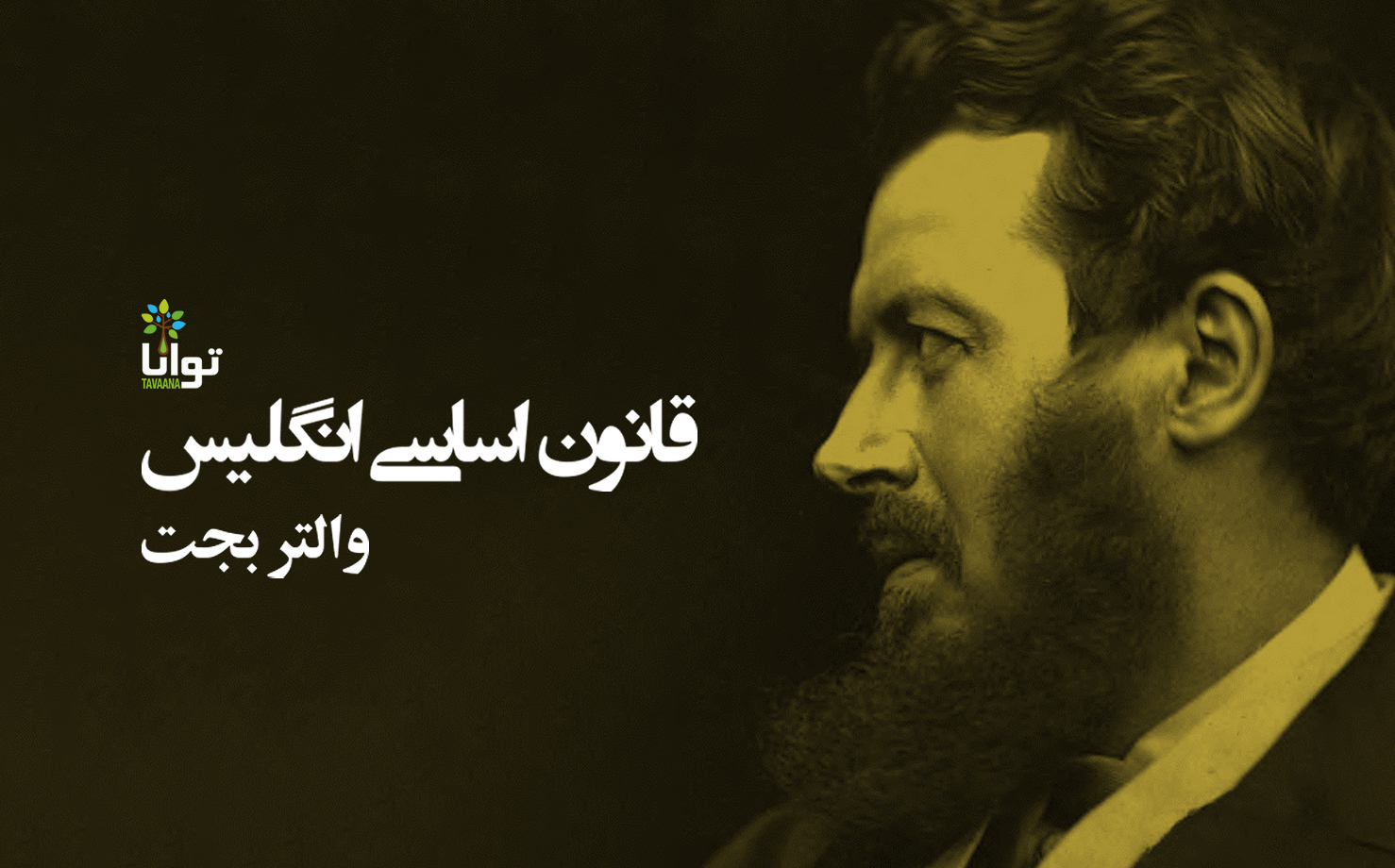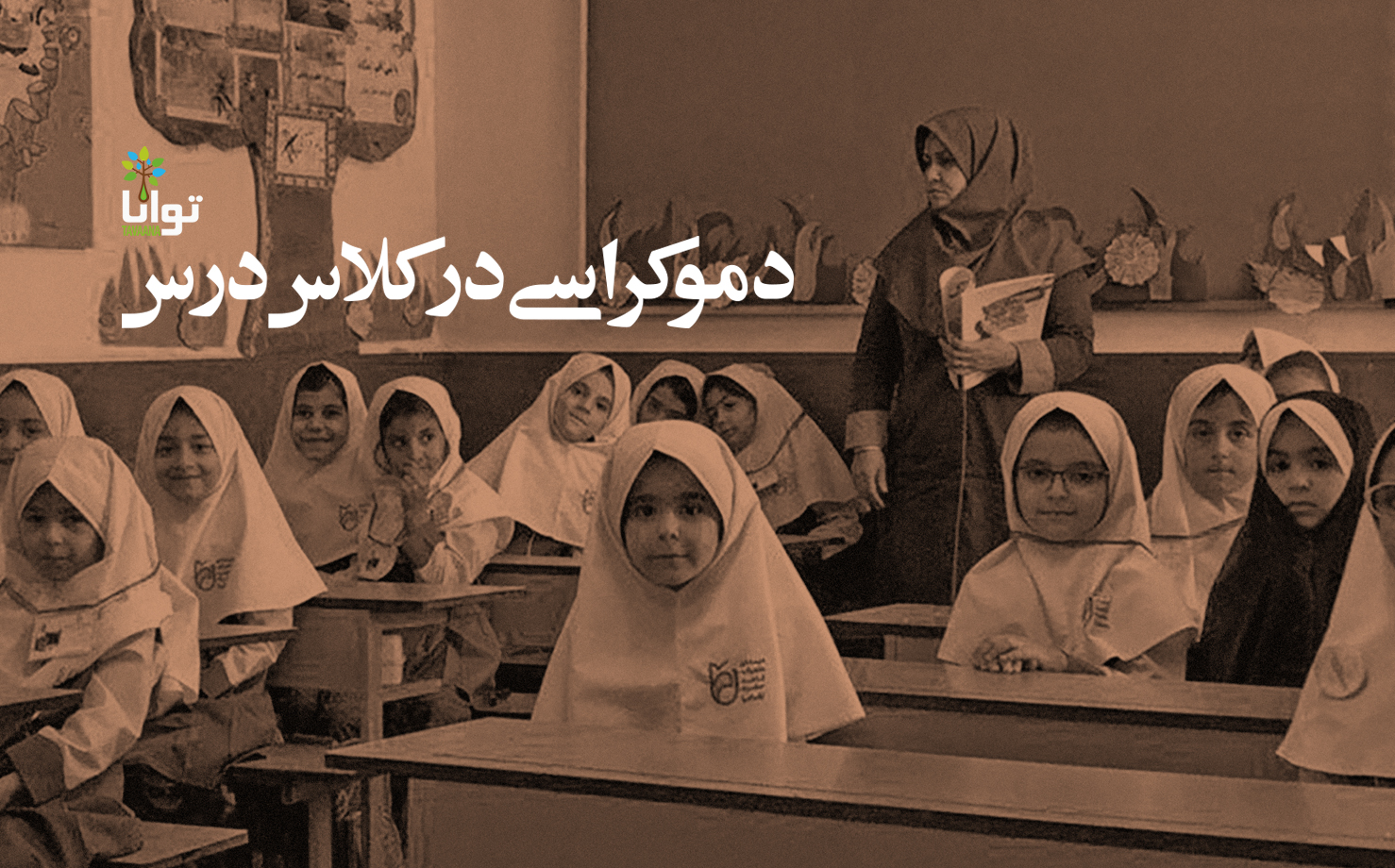Andrei Sakharov (1921-1989) was a Russian nuclear physicist who invented the Soviet hydrogen bomb and became one of the 20th century’s great figures in the struggle for human rights. He co-founded the Committee on Human Rights in the USSR in 1970 and won the Nobel Peace Prize in 1975. In “Peace, Progress, and Human Rights,” a lecture delivered to the Nobel Committee that year, Sakharov expresses his fundamental conviction that “…it is impossible to achieve one of these goals if the other two are ignored.” Sakharov argues that civil and political rights, rather than a people’s social or economic circumstances, are key in shaping mankind’s destiny. He affirms that only an open society with basic freedoms can provide the basis for mutual understanding, progress and international security. “By the time of his death in 1989,” wrote Time magazine, “this humble physicist had influenced the spread of democratic ideals throughout the Communist world. His moral challenge to tyranny, his faith in the individual and the power of reason, his courage in the face of denunciation and, finally, house arrest–made him a hero to ordinary citizens everywhere.”


